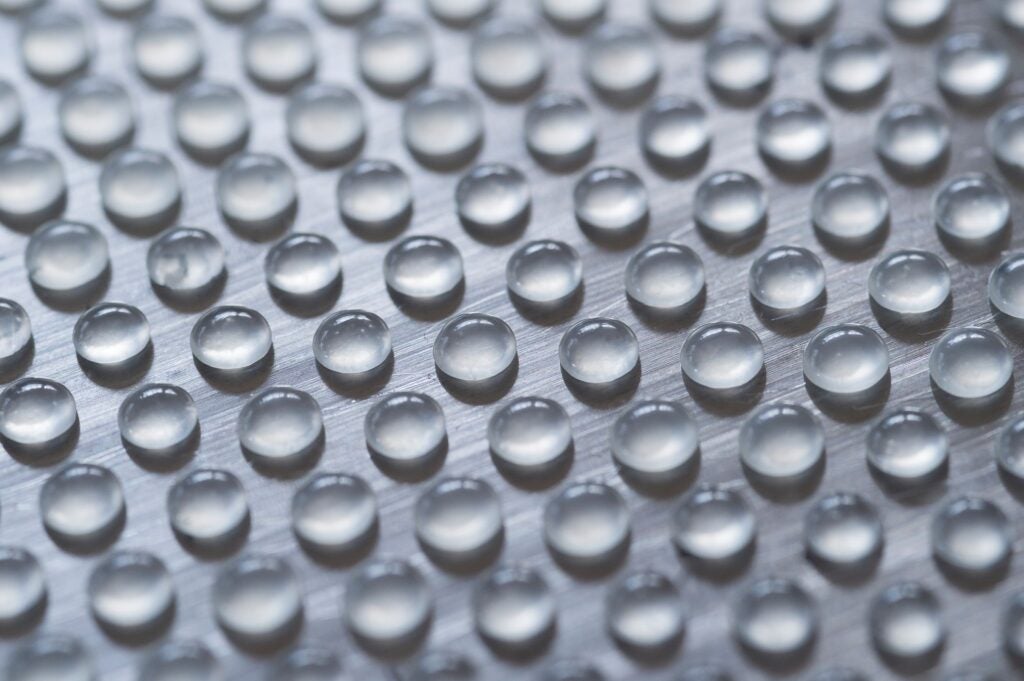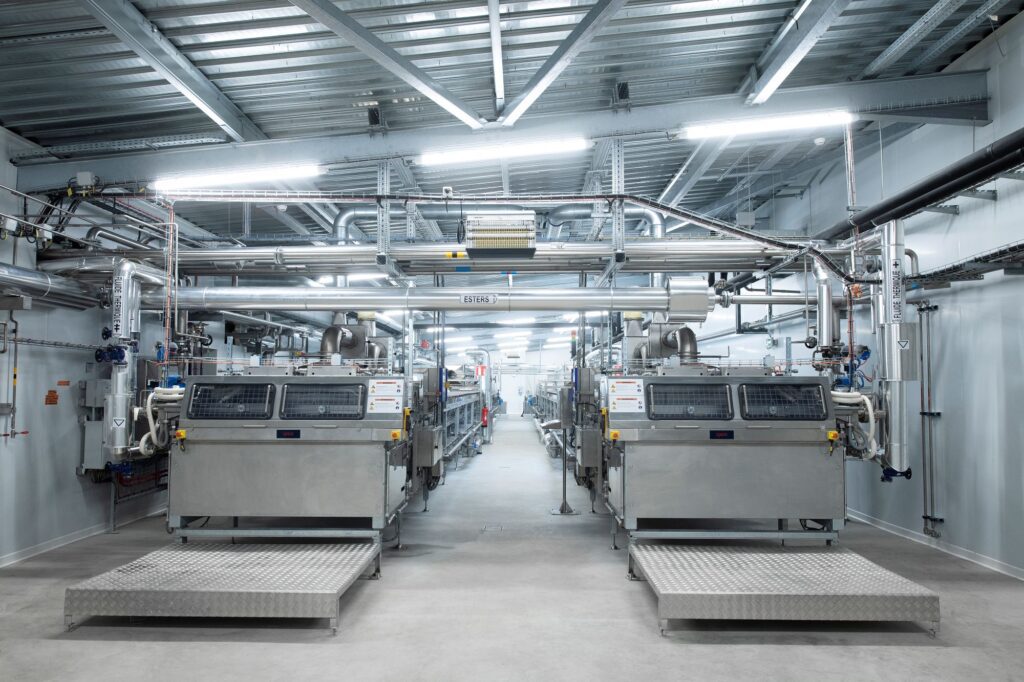The combined value of the global cosmetic, beauty and personal care markets is estimated to be in excess of $500 billion a year, and continues to grow at a rate of around 4% p.a. From shampoo to sun tan oil, from nail varnish to night creams, this is an industry afloat on an ocean of lotions, colours, moisturising and cleansing products.
With such a wide range of applications, it is no surprise that the base ingredients of these products are similarly diverse.
Sun tan lotions for instance, contain compounds derived from fatty acids that protect the skin from sun damage. Lanolin, a natural wax obtained from sheep’s wool, closely resembles human skin lipids and is used in eye liner, lipstick, face powder and anti-aging products. Ceramide complex is another ingredient that’s identical to skin lipids and widely used in skin and hair care products.
This list goes on. Menthol, whether natural or synthetic, is used in toothpaste and breath-freshening gum. Bees wax is another widely used natural product, its anti-inflammatory and moisturizing properties making it ideal for hand lotions, hair products and lip balm. Other commonly used materials include fatty alcohols, waxes, organic compounds, pigments, resins and surfactants.
The end products come in a variety of forms too: powders, pastes, waxes, oils, gels, gums, creams and liquids. But all of the examples above share one thing in common: the base ingredients are processed on IPCO solidification systems.
Mass production of cosmetic and health care products requires industrial quantities of these and hundreds of other base materials. Easy transport, storage, handling and dosability of these ingredients is key and this is achieved by converting them into consistently sized, free-flowing beads.
IPCO has more than 40 years’ experience of designing pastillation solutions for the wider chemical industry and this has resulted in the development of a family of systems, all based on the company’s Rotoform technology.
Rotoform models are available to solidify low and high viscous melts (up to 40 000 mPas) at temperatures up to 300 °C. The range includes systems for the production of micropastilles down to 0.8 mm diameter, and solutions for small batch processing of between 10-20 kg/hr (important for the cosmetics industry which often uses expensive materials in relatively small quantities), all the way to models capable of handling 100-500 kg/hr.
This broad experience has also led to the development of end-to-end solidification solutions in full compliance with GMP guidelines.

Bead production using Rotoform systems
The process is simple but extremely efficient. The product is delivered to the system in melt form. The Rotoform itself consists of a heated cylindrical stator and a perforated rotating shell that turns concentrically around the stator. Precisely metered drops of the product are deposited across the whole operating width of a continuously running stainless steel cooling belt.
A system of baffles and internal nozzles built into the stator provides uniform pressure across the whole belt width, providing an even flow through all holes of the perforated rotary shell. This ensures that all pastilles are of uniform size, from one edge of the belt to the other.
The rotational speed of the Rotoform is synchronized with the belt to allow a gentle deposition of the liquid droplets onto the moving belt without deformation. Heat released during cooling and solidification is transferred via the steel belt to cooling water sprayed underneath.
This water is collected in tanks and returned to the water recooling system; at no stage does it come into contact with the product.
As the cooling process is quick, no pollutants can escape into the atmosphere. And direct solidification from the melt means size reduction in the liquid phase, eliminating the energy and machine costs for downstream crushing, breaking or grinding.
The Rotoform process converts the melt into solid beads of a defined and consistent size, a form that is free flowing and ideal for handling, storage, dosing and blending. And their uniform shape, stability and quality can be reproduced precisely, again and again.

System enhancements for GMP-compliance
The Rotoform process is already inherently clean and hygienic. Easy access to all key areas simplifies maintenance and cleaning, and most major components (e.g. drum, cooling water piping etc.) are stainless steel by default.
However, supplying a GMP-compliant process requires additional properties and technical features, and IPCO has the know-how to design these into Rotoform lines that will be used in the processing of materials for cosmetics.
These include all-stainless steel framework and piping and the use of food grade lubricants. As the product is cooled and solidified directly on the steel belt, this is an area that requires particular attention. Instead of using a rubber V-rope, the belt is left ‘naked’ and guided by a separate belt tracking system. This ensures that the steel belt remains hygienically clean.
Other features can include special materials for seals and gaskets, a Rotoform drive with belt instead of chain, and an enclosed belt washing box with hot water or steam spraying nozzles and subsequent jet air for drying. In addition, Rotoform units are available with electric light in the product feed area, video recording in the beads discharge area, an oscillating discharge knife made from stainless steel ensuring a clean belt, and drum heating to generate a temperature profile for smooth cooling of difficult products.
